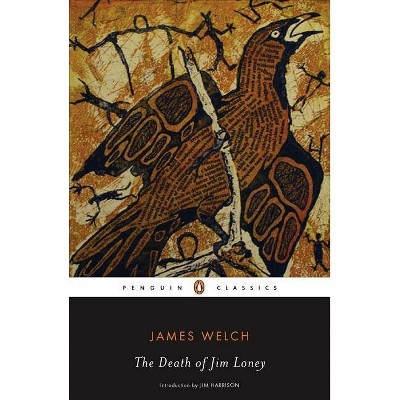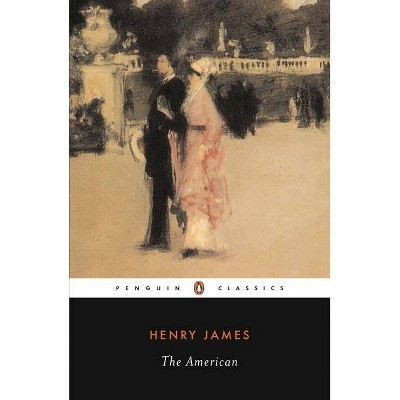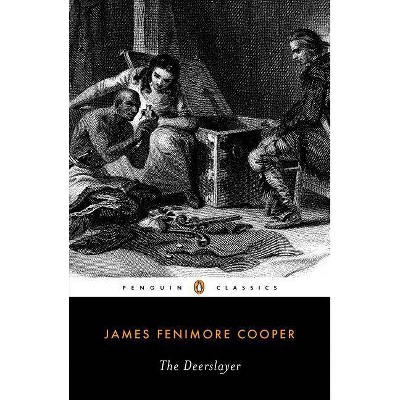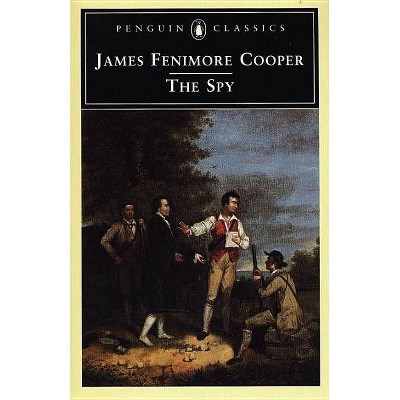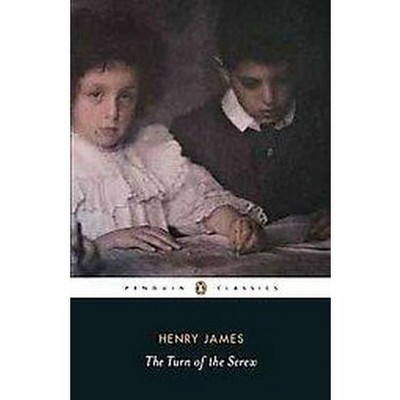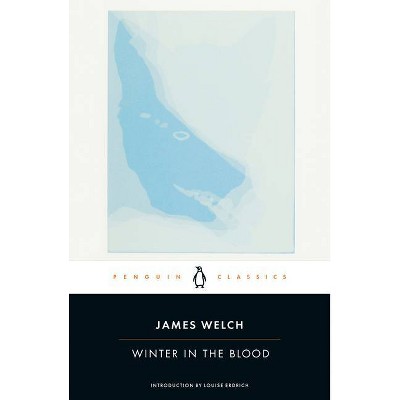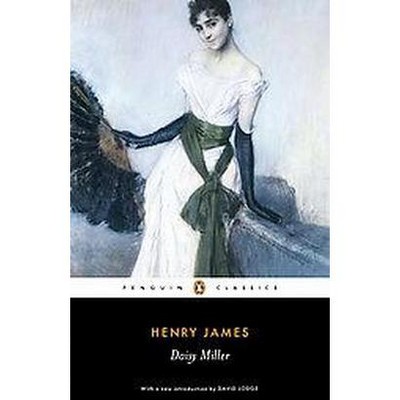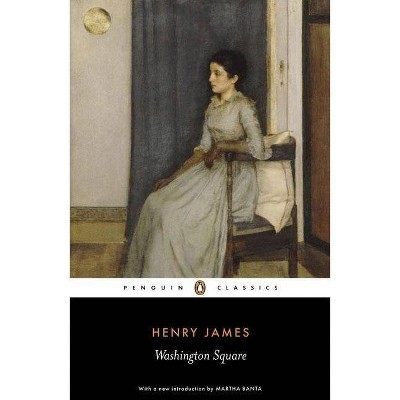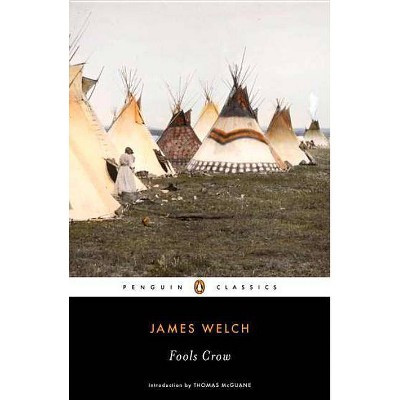A Death in the Family - (Penguin Classics) by James Agee (Paperback)
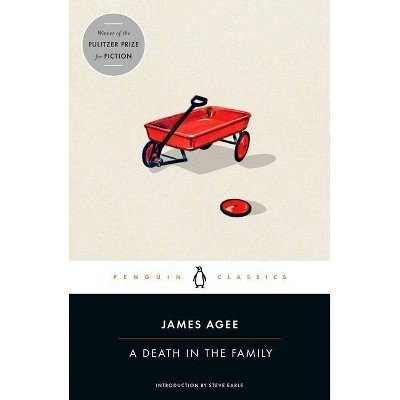
Similar Products
Products of same category from the store
AllProduct info
<p/><br></br><p><b> About the Book </b></p></br></br>On a sultry summer night in 1915, Jay Follet leaves his house in Knoxville, Tennessee, to tend to his father, whom he believes is dying. The summons turns out to be a false alarm, but on his way back to his family, Jay has a car accident and is killed instantly, leaving his wife, brother, and young son to deal with his sudden death.<p/><br></br><p><b> Book Synopsis </b></p></br></br><b>The classic American novel--winner of the 1958 Pulitzer Prize<b>--now</b> re-published for the 100th anniversary of James Agee<b>'</b>s birth <p/><b>One of <i>Time</i>'s All-Time 100 Best Novels</b> <p/><b>A Penguin Classic<br></b><br> </b>Published in 1957, two years after its author's death at the age of forty-five, <i>A Death in the Family</i> remains a near-perfect work of art, an autobiographical novel that contains one of the most evocative depictions of loss and grief ever written. As Jay Follet hurries back to his home in Knoxville, Tennessee, he is killed in a car accident--a tragedy that destroys not only a life, but also the domestic happiness and contentment of a young family. A novel of great courage, lyric force, and powerful emotion, <i>A Death in the Family</i> is a masterpiece of American literature.<p/><br></br><p><b> Review Quotes </b></p></br></br><br><b>Winner of the Pulitzer Prize for Fiction</b> <p/>[James Agee's words] are so indelibly etched someplace inside of me that I couldn't reach to rub them out even if I wanted to. And I never want to. <b>--Steve Earle, from the Introduction</b> <p/> The work of a writer whose power with English words can make you gasp. <b>--Alfred Kazin, <i>The New York Times Book Review</i></b> <p/> It is, in the full sense, poetry. . . . The language of the book, at once luminous and discreet . . . remains in the mind. <b>--<i>The New Republic</i></b> <p/> Wonderfully alive. <b>--<i>The New Yorker</i></b><br> <b><i> </i></b><br> <i>"A Death in the Family </i>remains one of the most beautifully written of all American novels. James Agee's talent was both luxuriant and precise, and the opening sequence is still one of the finest prose poems in our language. He is one of those writers who cause other writers to shiver with pure pleasure." <b>--Pat Conroy</b> <p/> "People I know who read <i>A Death in the Family </i>forty years ago still talk about it. So do I. It is a great book, and I'm happy to see it done anew." <b>--Andre Dubus</b> <p/> "For as long as fiction is read, James Agee's <i>A Death in the Family</i> stands as an American masterpiece. There is no stronger, more moving document in our literature than this account of a father's sudden death in the early years of our century. Here are the full spectrum of emotion and resonance, the tensile, perfectly nuanced language, the prayerful inquiry into identity itself, and characters so perfectly rounded that they exist in every specificity of inquiry, acute awareness, dumb love, and sensual arrest. This book has been my Bible; may it bless new generations of readers." <b>--Jayne Anne Phillips</b><br><p/><br></br><p><b> About the Author </b></p></br></br><b>James Agee</b> (1909-1955) is the author of <i>Let Us Now Praise Famous Men</i>, the renowned study of Alabama sharecroppers during the Depression. Born in Tennessee, he died two years before the publication of <i>A Death in the Family</i>, his most famous work. <p/> <b>Steve Earle </b>(introducer) is an American singer-songwriter, political activist, and author of the short story collection <i>Doghouse Roses</i>. Born in Virginia, he lives with his wife in New York City.
Price History
Price Archive shows prices from various stores, lets you see history and find the cheapest. There is no actual sale on the website. For all support, inquiry and suggestion messagescommunication@pricearchive.us
